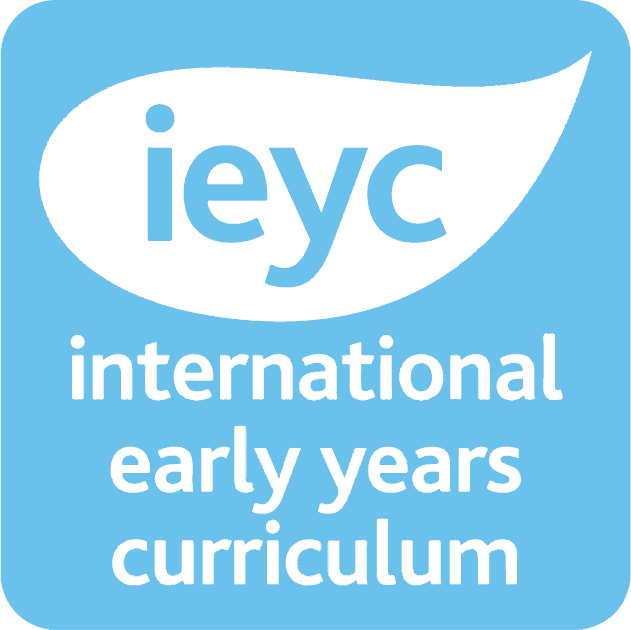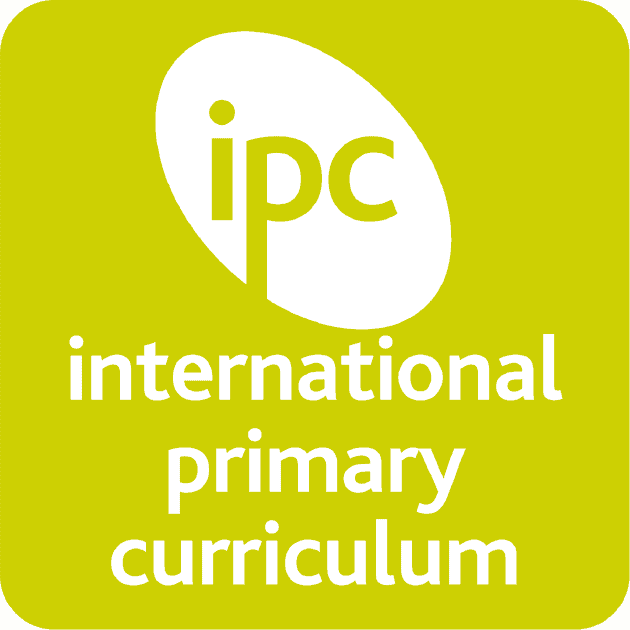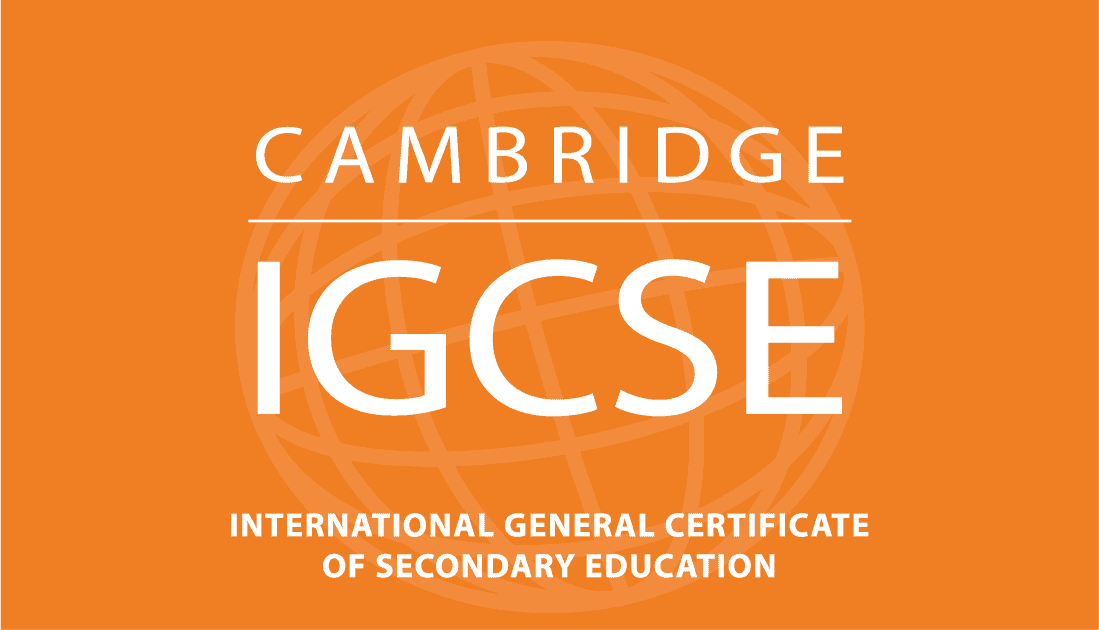Table of Contents
The Cambridge Curriculum is a recognised standard of education globally that dates back to the mid-1800s, introducing a set of learning methodologies that have been refined over the decades to embody a holistic approach to the overall development of learners far and wide.
The framework of the Cambridge Curriculum covers different stages of learning which culminate in the IGCSE, and emphasises on helping learners to understand various fields of interest while preparing them for future challenges beyond their scholarly journey.
While different schools or institutions may deploy their own unique programme that incorporates the Cambridge teaching methodologies, the fundamentals and benefits of the Cambridge Curriculum are still at the core of these programmes.
1. The Cambridge Curriculum is Internationally Recognised
As mentioned, the Cambridge Curriculum is either adopted or adapted into the framework of many curricula by schools and institutions around the world, recognising the effectiveness of its learning methodologies and its positive impact on its learners.
To this day, learners from over 147 countries have taken the IGCSE examination, and that number will continue to grow in the coming years thanks to its prestigious accreditation and recognition status worldwide.
With a presence that spans across 17 decades and counting, the Cambridge Curriculum has certainly earned itself a globally-recognised standard in education.
2. Equips Learners with Necessary Skills for the Future
The very framework of the Cambridge Curriculum encourages learners to immerse themselves in the subject by developing the learners’ critical-thinking and problem-solving skills which can easily be applied regardless of the subject of study.
On top of these vital skills, depending on how elaborate the programme offered by the school or institution is, learners will also be able to hone their aptitude in communication and leadership skills.
3. Covering a Wide Range of Subjects
While the framework of the Cambridge Curriculum is pretty much defined, the field of studies however are not set in stone. The framework allows schools and institutions to incorporate a multitude of subjects within their programme that still adhere to the learning methodologies of the Cambridge Curriculum.
Most schools or institutions have a unique blend of both international and local studies, further enriching the programme while staying true to the learning methodologies of the Cambridge Curriculum.
4. Learners Are Able to Gain a Global Perspective
Part of what makes the Cambridge Curriculum learning methodologies widely adopted around the world is due to its holistic approach. The curriculum necessitates lessons to be conducted in a way that encourages learners to understand the interconnectivity of different subjects, exploring the diverse cultures and global issues emphasising on practical day-to-day application in life be it for now or for the future.
As learners benefit from the holistic approach of the Cambridge Curriculum, they are able to broaden their perspectives beyond the conventional horizon, adding more depth to learners’ social awareness and understanding of the world.
5. Raises Cultural Awareness and Sensitivity
In line with the Cambridge Curriculum’s aim to nurture learners with a global perspective, one of the ways they are able to instil international-mindedness in them is by raising cultural awareness.
With various adaptations of the Cambridge Curriculum around the world, learners are intrinsically exposed to the local culture and language, depending on the programme offered by the school or institution. From cultural activities to celebrating cultural festivities, the Cambridge Curriculum encourages learners to experience them in a way that cultivates newfound respect and appreciation for these cultures.
6. Learners Make Better Real-Life Connections by Focusing on Deeper Understanding of Subjects
The framework of the Cambridge Curriculum is designed to equip learners with the fundamental skills to thrive in an ever-changing world. Therefore, the emphasis for learners to experience a deeper understanding of the subjects that they are learning is pronounced in every stage of the learning journey.
The way learners can achieve deeper understanding is by giving learners a more practical or hands-on learning experience beyond just learning the concepts and theories of their lessons. Furthermore, when learners are exposed to this learning methodology, they will not merely be memorising the subjects that they are learning, but will also understand them in their real-world applications.
7. The Flexibility of Tailoring The Learning Journey To Meet The Learner’s Needs
In many schools and institutions that offer the Cambridge Curriculum, learners are able to select from an array of subject offerings that are a blend or mix of both international and local subjects. In addition to the variety of subjects, the teaching methodologies cater to learners to learn at their own pace, ensuring that every single learner is given the attention and time to develop and meet their goals.
These tailored programmes offered is what makes every school and institution adopting the Cambridge Curriculum unique, so long as the core values of the teaching methodologies remain intact.
In Summary
With a dynamic coverage of offerings in its learning methodologies and a framework aiming to instil learners with a passion for learning that prepares them to embrace future challenges, it comes to no surprise as to why the Cambridge Curriculum is favoured by many schools and institutions around the world.
If you would like to know more about the Cambridge Curriculum offered by Harrods, head on over to our IGCSE page or get in touch with us.


























